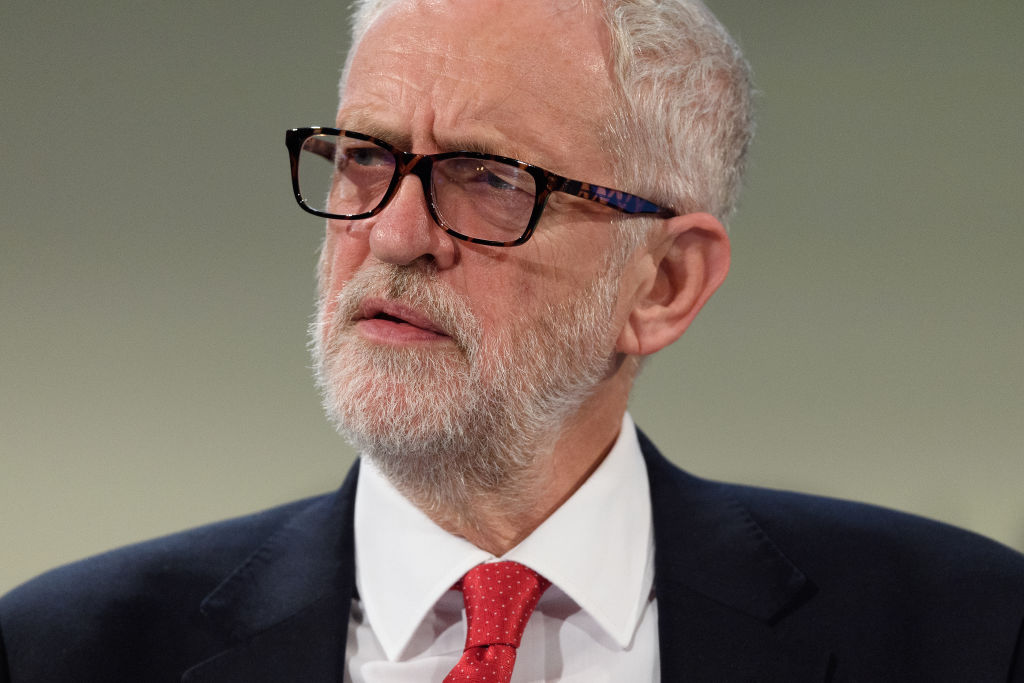We’ve all been focussing on the crisis that would ensue if – as expected – the PM loses the meaningful vote on her Brexit deal on 11 December. But just for a moment think about the implications if she wins, because they too would be momentous.
To state the obvious, we’d be out of the EU on terms that are semi-blind – we wouldn’t know our long-term destination. But we would be out. And she, the PM, would rein supreme. She would have crushed her opponents, who would have lost all hope of political advancement or favour. And having delivered Brexit against the odds, she could be pretty confident in staying PM for as long as she wanted, perhaps well beyond the next election – and the election itself would be off the cards till 2022.
Just saying all this out loud demonstrates quite how unlikely it would be – especially after even her former human shield Michael Fallon has said how much he loathes her Brexit plan. So let’s revert to perhaps the more pertinent question of what happens if she loses the big vote. Then, as I said on News at Ten, it comes down to who among the leaders of the two biggest parties is fastest to show proper leadership.
A display of decisive leadership will be hard for the PM, because she’ll be under intense pressure to return to Brussels to ask EU leaders to amend the Withdrawal Agreement such that Northern Ireland’s DUP would no longer be able to complain that the so-called backstop drives a wedge between Northern Ireland and Great Britain. Such prevarication would undermine her authority, especially if the EU says no. Even in the unlikely event the EU caves, the trick might fail – because there are plenty of MPs in her own party who, like Fallon, hate the idea of handing over £39bn in a divorce bill for such an uncertain long-term trading relationship with the EU. And there is no chance of any change to that just-signed Political Declaration by the EU that is so indeterminate on the permanent relationship between the UK and EU. So May could fail to secure her deal if it returned to the Commons for a second vote, whether or not the deal had been tweaked to reassure the DUP.
She would therefore face pressure from the Remainers in her cabinet, led by the chancellor Philip Hammond, the business secretary Greg Clarke and the work and pensions secretary Amber Rudd to move to the softest style of Brexit – the so-called Norway model enhanced perhaps by membership of the customs union. The advantages of this approach is that it would deliver frictionless trade, which would render unnecessary any Northern Ireland backstop to keep open the border on the island of Ireland. It is also the kind of Brexit favoured by most big exporters and importers.
For Brexiter purists, Norway-plus’s defects are manifold – mainly that it would see the UK as an EU rule-taker forever and would allow only the most limited control on free movement of workers to the U.K. So for Brexiter ultras, a planned no-deal Brexit, as opposed to an accidental chaotic one, would be preferable. But to avoid chaos, to ensure necessary infrastructure is on the border and a series of mini deals are agreed to avoid extreme shocks (such as airplanes being unable to land), the UK would probably have to stay either in the EU or in a state of “transition” (non-voting membership) for at least another year after 29 March 2019. To state the blooming, bleedin’, blinkin’ obvious, these rival Brexits split cabinet and Tory Party down the middle.
Which is what provides Labour with its opportunity.
According to senior Labour sources, Corbyn is close to agreeing that shortly (days) after the loss of the meaningful vote by May, he would formally make his party the champion of another referendum or People’s Vote – on the basis that if there is no consensus in parliament on what comes next, the question has to go back to the people.
At this conjuncture, there might well be a clear parliamentary majority for such a referendum – with the choice between May’s deal (as the only negotiated deal) and remaining in the EU – if the Tory MPs who currently say they back a plebiscite stick to their guns.
Which is why, if May sees this coming (which presumably she must), she may try to head it off at the pass by saying shortly after losing the vote that she remains committed to Brexit and will in effect lead a government of national unity to capture the will of parliament on what kind of Brexit is sought by most MPs.
If Brexit it be for the PM, rather than referendum, that would probably be Norway-plus, if she wants to reflect the preference of parliament. But for her to become deliverer of what many Tories would see as conversion of the UK into the ultimate vassal state would be potentially lethal for her party. The Brexiter ultras would be incensed, and would certainly try to depose her, prior to conceivably quitting the party altogether if they were to fail. Or to put it another way, there are just over two weeks to go before events that will be tumultuous, egregious, nation changing. I only wish I could tell you how this epic ends.
Robert Peston is ITV’s Political Editor. This article originally appeared on his Facebook page







Comments